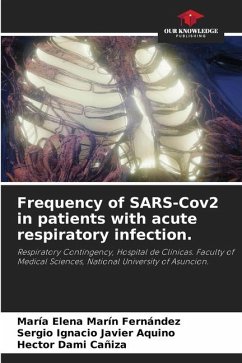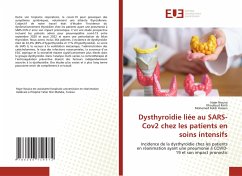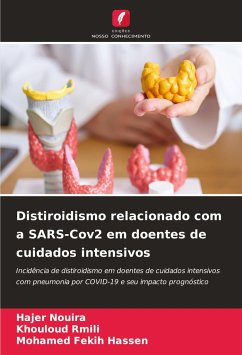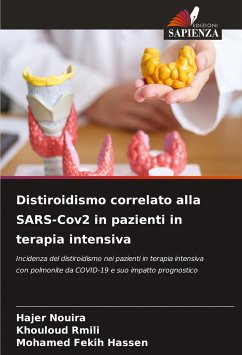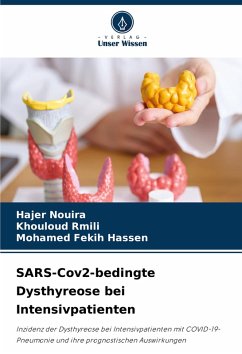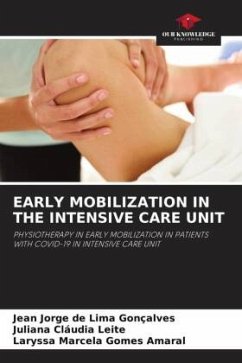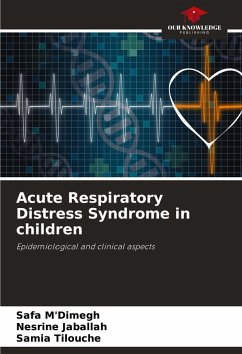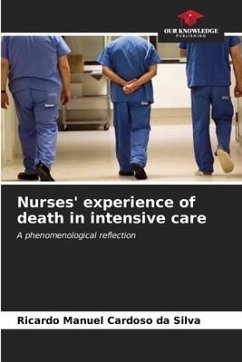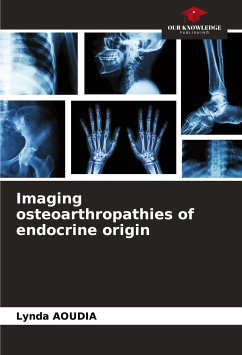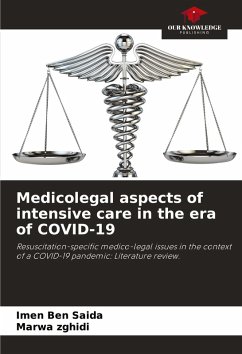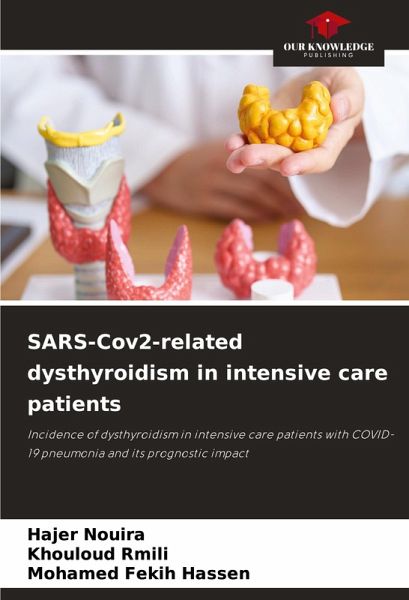
SARS-Cov2-related dysthyroidism in intensive care patients
Incidence of dysthyroidism in intensive care patients with COVID-19 pneumonia and its prognostic impact
Versandkostenfrei!
Versandfertig in 6-10 Tagen
40,99 €
inkl. MwSt.

PAYBACK Punkte
20 °P sammeln!
In addition to its respiratory tropism, covid-19 can cause systemic symptoms, including thyroid damage. The aim of our work was to study the incidence of thyroid dysfunction in patients with SARS-COV-2 pneumonia and its prognostic impact. It is a prospective study including patients admitted for covid-19 pneumonia between September 2020 and August 2022 and having a thyroid balance disturbance. We included 364 patients. The incidence of dysthyroidism was 32.4% (89% hyperthyroidism and 11% hypothyroidism). SAPS II score, use of mechanical ventilation, catecholamine administration, nosocomial inf...
In addition to its respiratory tropism, covid-19 can cause systemic symptoms, including thyroid damage. The aim of our work was to study the incidence of thyroid dysfunction in patients with SARS-COV-2 pneumonia and its prognostic impact. It is a prospective study including patients admitted for covid-19 pneumonia between September 2020 and August 2022 and having a thyroid balance disturbance. We included 364 patients. The incidence of dysthyroidism was 32.4% (89% hyperthyroidism and 11% hypothyroidism). SAPS II score, use of mechanical ventilation, catecholamine administration, nosocomial infection rate, occurrence of septic DCI and mortality were significantly higher in the dysthyroidism group. In the multivariate analysis, corticosteroid therapy and preventive anticoagulation were factors independently associated with dysthyroidism. Larger, longer-term studies could complement this work.





